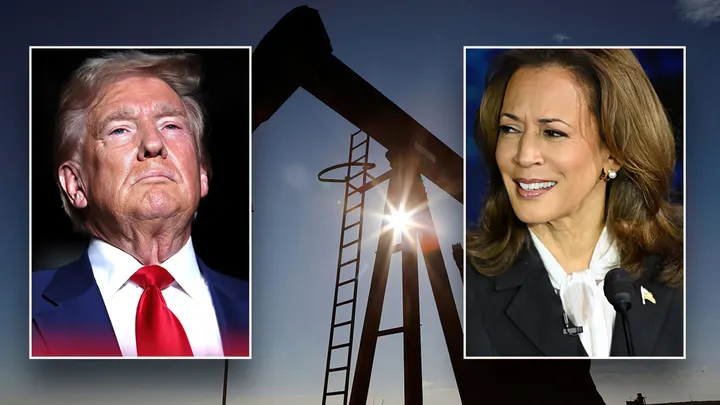As the 2024 presidential election approaches, leaders in the US oil and gas industry are voicing concerns about how the outcome could affect their businesses and the broader economy, FOX Business reports.
Industry figures from companies like Cameron Energy in northwest Pennsylvania have highlighted the stakes, particularly around domestic energy production, inflation, and national security.
Arthur Stewart, founder of Cameron Energy, which operates oil and gas wells in Pennsylvania’s Allegheny National Forest, emphasized the uncertainty faced by small businesses in the sector.
“Some nights it’s hard to fall asleep,” Stewart said.
He cited inflation and the challenges of maintaining payroll for his 55 employees. He described the current economic environment as a “business killer.”
Stewart and others in the industry argue that boosting domestic oil production would not only support businesses but also reduce prices and inflation for everyday Americans. Tyler Martin, Cameron Energy’s environmental care coordinator, underscored the environmental benefits of domestic energy production, advocating for a focus on local production to meet demand.
“We can produce energy cleaner than they can in other countries,” he noted.
The 2024 election has placed the oil and gas sector in the spotlight, with contrasting energy policies from Democratic candidate Vice President Kamala Harris and former President Donald Trump. Harris’ platform, while prioritizing the economy, outlines energy and climate policies that focus on tackling climate change, advancing environmental justice, and transitioning to clean energy. This includes holding polluters accountable and promoting renewable energy sources.
However, Stewart and other industry experts are skeptical of Harris’ approach. Stewart referenced Harris’ past remarks about banning fracking and warned that aggressive moves toward net-zero energy could create real crises in energy supply, particularly in areas reliant on oil and gas for heating, manufacturing, and medical supplies.
In contrast, Trump’s platform emphasizes increasing domestic energy production to address inflation and lower prices. His campaign calls for lifting restrictions on energy production from all sources, including nuclear, and ending policies associated with the Green New Deal. Industry insiders believe Trump’s policies reflect a more business-friendly approach that would benefit the energy sector.
Gabriella Hoffman, an energy analyst with the Independent Women’s Forum, pointed to Trump’s first term as evidence of the benefits of unleashing American energy, including improved clean air and water conditions. Hoffman also advocated for a greater focus on nuclear energy as a reliable and low-impact power source.
Cameron Energy and others in the industry are calling for legislative changes to support energy production, including permitting reform and deregulation. They argue that fostering innovation in the private sector would help alleviate inflation and strengthen national security by reducing reliance on foreign energy sources.
While Stewart, Martin, and other industry professionals remain concerned about the future, they hope voters will consider the importance of domestic energy production when casting their ballots. As Stewart noted, energy plays a critical role in maintaining economic stability and national security, especially in times of global uncertainty.
The Harris-Walz campaign did not respond to requests for comment on these concerns, while the Trump campaign reiterated its commitment to making American energy dominant again and criticized Harris’ energy policies as detrimental to jobs and inflation control.









